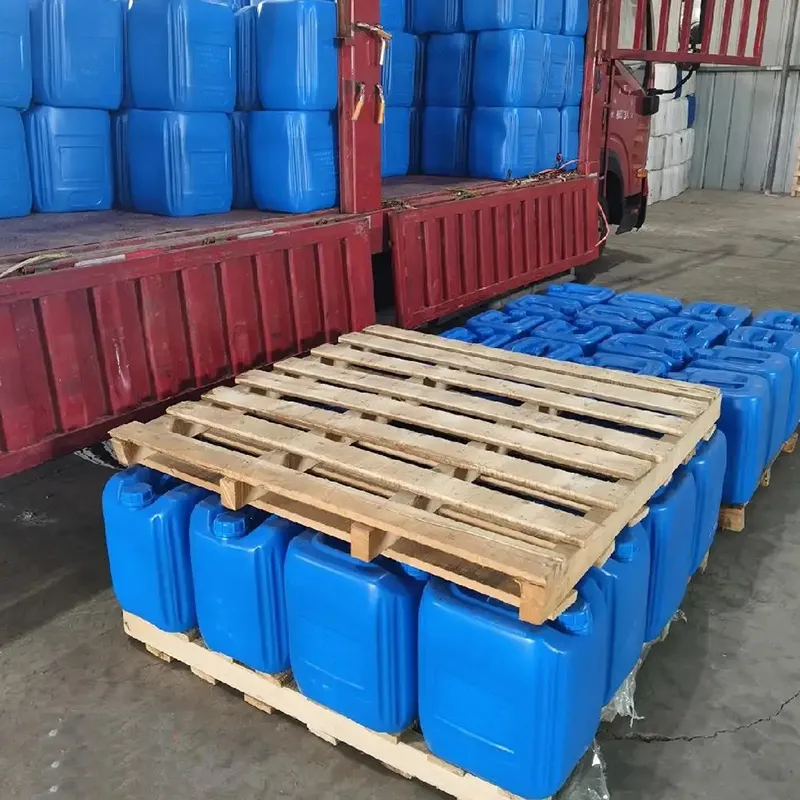
Food Additives Regulations and Safety Standards in China
Food Additives in China An Overview
Food additives play a critical role in modern food production, contributing to preservation, flavor enhancement, and overall food quality. In China, the use of food additives has become increasingly important in meeting the demands of a rapidly growing population and a changing dietary landscape. This article explores the types, regulations, and perceptions surrounding food additives in China.
Food Additives in China An Overview
One of the main drivers of food additive usage in China is the rapid urbanization and industrialization of the food supply chain. With an increase in population density and a shift towards urban living, the demand for processed foods has soared. This change has led to a need for food additives that can extend the shelf life of products and maintain their quality during transportation and storage. As a result, many food manufacturers have incorporated additives into their products to meet consumer expectations for longer-lasting and more flavorful foods.
food additives in china

Regulation and safety oversight of food additives in China are governed by national standards and guidelines. The National Health Commission (NHC) and the State Administration for Market Regulation (SAMR) are the primary bodies responsible for establishing regulations regarding food additives. In 2018, the Chinese government released a new version of the “Standards for Use of Food Additives,” which outlines permissible additives, maximum usage levels, and specific applications. The regulations also emphasize the requirement for safety assessments before any new additive can be approved for use in the food supply.
Despite the regulatory framework, concerns regarding food safety and the health impacts of additives persist among Chinese consumers. Instances of food scandals, such as the melamine milk scandal in 2008, have heightened public awareness and skepticism about food safety practices. As a result, many Chinese consumers have adopted a more cautious approach to food products containing additives. There is a growing trend towards natural and organic foods, leading to a demand for transparency in labeling and sourcing.
The perception of food additives varies across different demographic segments in China. Younger consumers, often more health-conscious, tend to prefer products that are free from artificial preservatives and additives. This shift has prompted many food brands to reformulate their products, emphasizing natural ingredients and health benefits. In response to this change, regulatory agencies are also adjusting their focus, recognizing the need for consumer education and awareness regarding food safety and the responsible use of additives.
In conclusion, food additives are integral to the food industry in China, serving essential roles from preservation to flavor enhancement. While the regulatory framework aims to ensure safety and quality, ongoing concerns among consumers highlight the need for transparency and education. As the Chinese dietary landscape continues to evolve, it is likely that the discourse surrounding food additives will focus increasingly on health implications, natural alternatives, and sustainable food practices. The challenge for food manufacturers will be to balance consumer demands with the benefits that food additives provide, fostering an environment where safety and quality coexist.
-
nitrile-rubber-honoring-strict-production-standardsNewsAug.22,2025
-
aspartame-ingredients-honoring-food-safety-valuesNewsAug.22,2025
-
fertilizer-for-balanced-plant-nutritionNewsAug.22,2025
-
cyanide-gold-processing-with-high-purity-additivesNewsAug.22,2025
-
formic-acid-in-textile-dyeing-applicationsNewsAug.22,2025
-
aluminum-hydroxide-gel-in-skincare-productsNewsAug.22,2025
-
Regulatory Compliance for Global Mining Chemicals UseNewsAug.12,2025
Hebei Tenger Chemical Technology Co., Ltd. focuses on the chemical industry and is committed to the export service of chemical raw materials.
-

view more DiethanolisopropanolamineIn the ever-growing field of chemical solutions, diethanolisopropanolamine (DEIPA) stands out as a versatile and important compound. Due to its unique chemical structure and properties, DEIPA is of interest to various industries including construction, personal care, and agriculture. -

view more TriisopropanolamineTriisopropanolamine (TIPA) alkanol amine substance, is a kind of alcohol amine compound with amino and alcohol hydroxyl, and because of its molecules contains both amino and hydroxyl. -

view more Tetramethyl Thiuram DisulfideTetramethyl thiuram disulfide, also known as TMTD, is a white to light-yellow powder with a distinct sulfur-like odor. It is soluble in organic solvents such as benzene, acetone, and ethyl acetate, making it highly versatile for use in different formulations. TMTD is known for its excellent vulcanization acceleration properties, which makes it a key ingredient in the production of rubber products. Additionally, it acts as an effective fungicide and bactericide, making it valuable in agricultural applications. Its high purity and stability ensure consistent performance, making it a preferred choice for manufacturers across various industries.





